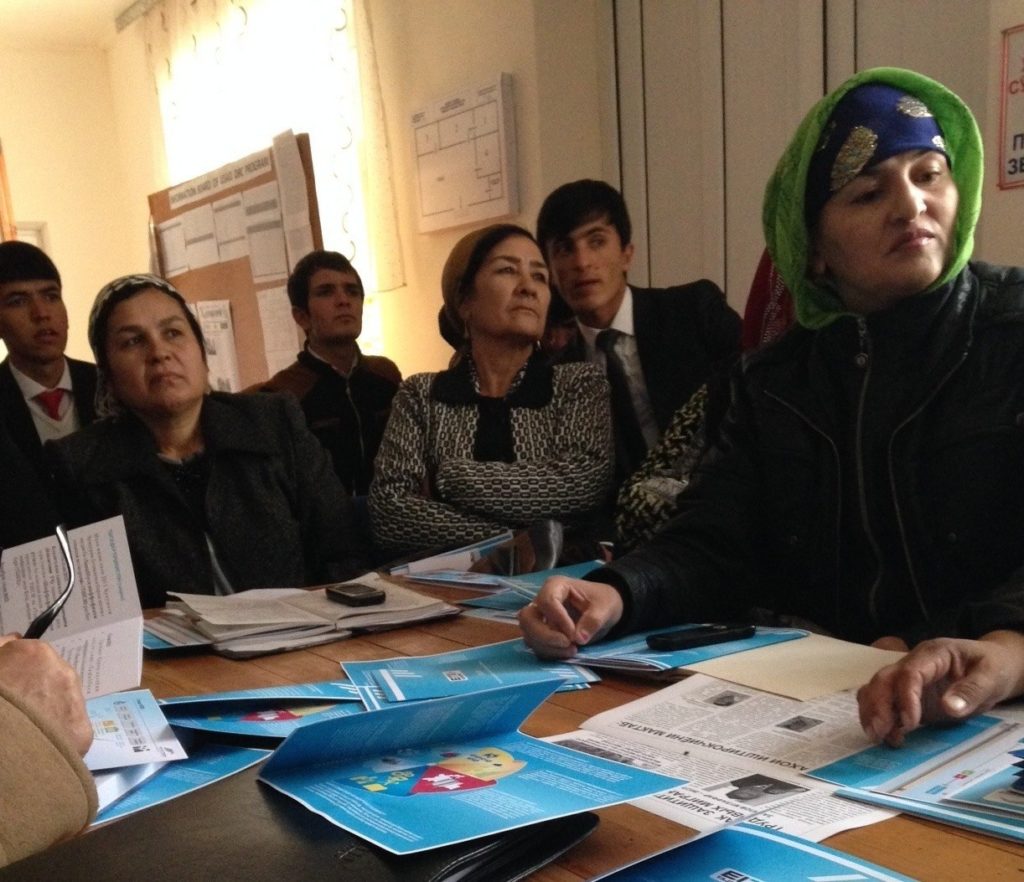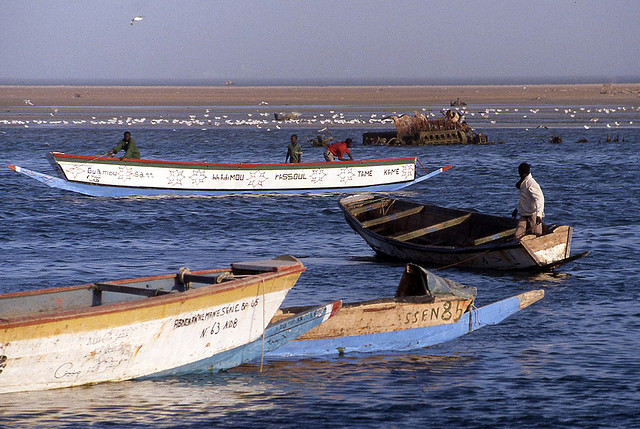News and resources
Explore our publications on a wide range of topics, to find the powerful facts, stories and approaches that underpin our work to make the extractive industry more open, accountable and participatory.
Napoleon Sangawan jr.
I like to help communities. The communities don’t have a bridge to the government, but they can talk to us and tell us their needs and sentiments and we can help them have a dialogue or make petitions to be given to the government. It’s hard work, but when you are with the community and […]
ARTICLE 19, CIVICUS and Publish What You Pay submit letter to OGP on Azerbaijan
ARTICLE 19, CIVICUS and Publish What You Pay have submitted a joint letter to the steering committee of the Open Government Partnership (OGP) calling on them to ensure that civil society organisations can participate in and influence Azerbaijan’s OGP action plan. Azerbaijan is a member of the OGP – a multilateral initiative that promotes open […]
Chisomo Phiri
I think that my choice to work on this campaign relates to part of the culture with which I grew up. In African culture you grow up as an extended family and I think this is in part what motivated me to do the course I did – development studies. When I started working after […]
UK – Faulty industry disclosure guidance puts responsible companies at risk
Publish What You Pay condemns faulty industry disclosure guidance, which puts responsible companies at risk. Industry guidance for the UK Reports on Payments to Governments Regulations is currently being prepared by and on behalf of the International Association of Oil and Gas Producers (IOGP) and the International Council on Mining and Metals (ICMM). Key elements […]
Preparing to surf the data wave!
‘Avalanche’, ‘deluge’, ‘tidal wave’ – there’s been a range of monikers for the amount of extractive data that is to come out over the next few years. By 2016, the EU Transparency and Accounting Directives will have yielded all the payments by project-level for all the extractive companies listed (and large companies non-listed) in the […]
Are you for Big Oil or Big Data?
CSOs Put Limited Data to Good Use, Call for Project-Level Reporting What most profoundly distinguishes American Petroleum Institute (API) from civil society organizations in resource-rich countries working to make a more transparent and accountable extractives sector? (Hint: the answer we’re looking for is not “the ability to pay for an army of high-priced lawyers” – […]
DRC journalist determined to spread the word on natural resources
The PWYP coalition in DRC has been campaigning for years to increase understanding of EITI so that citizens can make better use of the initiative to improve the management of their natural resources. To this end, in a country the size of Western Europe with low internet and television penetration, the coalition has been training […]
Women of the East – a name that turned into a lifelong mission
The role of women in Central Asia has never been an easy one as they have had to take care of husbands, raise children and manage a household; many of them have had to do this while also living in poverty and being subject to society’s strict gender rules. Today, on top of this, women […]
Just model it! How PWYP members can develop a presentation of any oil project in 30 minutes
How much money will Chad see from its oil production and when? How sensitive is that to the wild fluctuations of market prices? And how does the money the government gets compare to what the oil companies get? These are some of the questions PWYP member GRAMPTC and the Berlin-based publisher OpenOil will address in […]
Mauritania to include the fishing sector in its implementation of EITI
The fishing sector will now be included in the Extractive Industries Transparency Initiative (EITI). The official announcement was made by the President of the Islamic Republic of Mauritania, Mr Mohamed Ould Abdel Aziz, on 19 January 2015 in his opening speech at the high-level conference on “Transparency and Sustainable Development in Africa”. According to statistics […]















